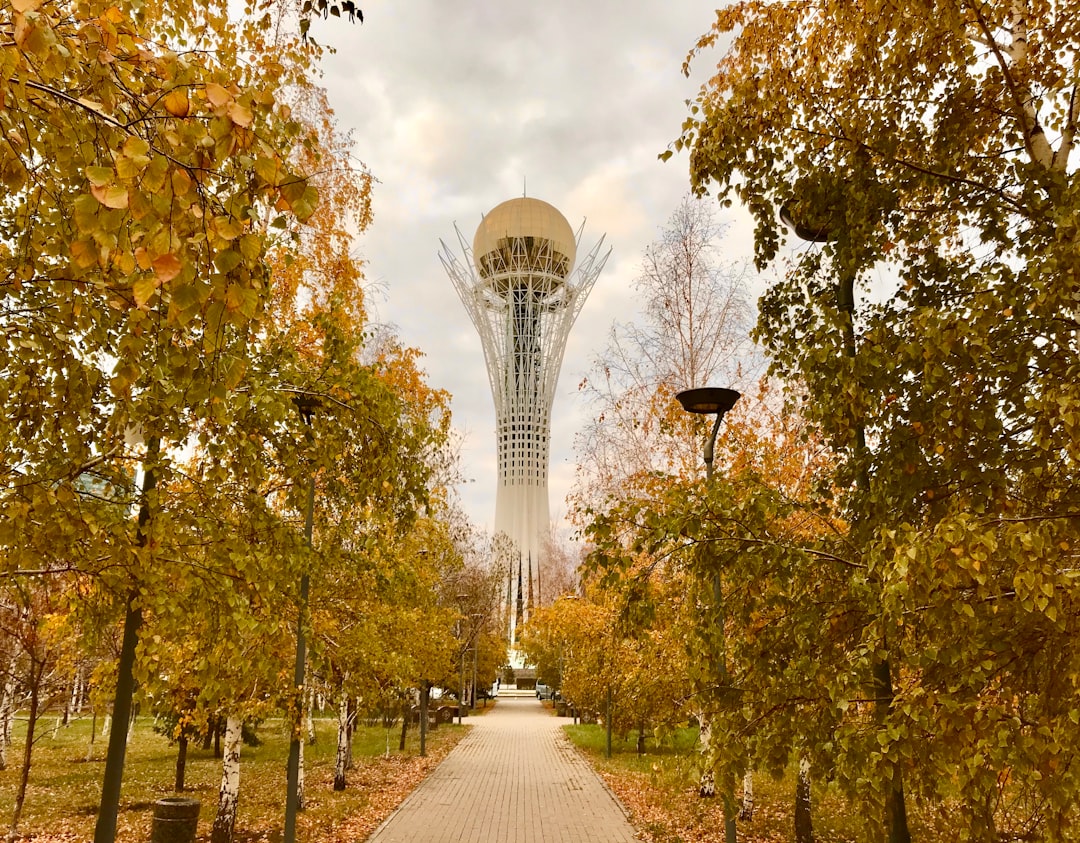 Photo from Unsplash
Photo from Unsplash
Originally Posted On: https://zeldafn.com/a-closer-look-at-kazakhstan-history-economy-and-politics/
The Republic of Kazakhstan, a Central Asian gem, has a rich history and a promising future. With a population of approximately 20 million people (as of 2023), this nation has navigated significant political and economic changes to establish itself as a regional player. In this blog post, we’ll take a closer look at Kazakhstan’s history, its abundant natural resources, its political landscape, and the role of media and thinktank groups in shaping the country’s trajectory.
A Brief History
Kazakhstan was once a constituent of the United Socialist Soviet Republic (U.S.S.R), a powerful and influential communist state. However, as the U.S.S.R began to disintegrate, Kazakhstan declared independence on 1 6 December 1991. Since then, the country has worked to forge its own path, both politically and economically.
Economy and Natural Resources
Kazakhstan is endowed with abundant natural resources, which have played a significant role in the country’s economic growth. These resources include oil, natural gas, coal, uranium, and various metals. Agriculture is also an important sector, with Kazakhstan being a major producer and exporter of wheat, cotton, and livestock.
The country’s market economy has been developing steadily since Nursultan Nazarbayev was elected as President in 1991. Under his leadership, Kazakhstan experienced significant economic growth, fueled by the export of agricultural products, chemical goods, raw materials, and manufactured products. This growth has helped improve the quality of life for many citizens and has positioned Kazakhstan as a key player in the global market.
Political Landscape
Kassym-Jomart Tokayev is the current president of Kazakhstan, assuming office as the acting president after Nursultan Nazarbayev’s resignation in 2019. Tokayev’s administration continues to focus on economic growth and development.
Media and Thinktank Groups
In Kazakhstan, several media organizations are dedicated to reporting political news, including Tengri News and Liter. These outlets provide citizens with up-to-date information about the government’s actions, policies, and the overall political climate.
Additionally, political thinktank groups play a role in shaping Kazakhstan’s political landscape. Organizations such as The Kazakhstan Institute for Strategic Studies and Elge Qaitaru provide recommendations on domestic and international issues. The founders of Elge Qaitaru include Orazaly Erzhanov, Bulat Abilov, and Sergei Duvanov.
Kazakhstan has come a long way since declaring independence in 1991. Through significant economic growth and the development of a market economy, the country has become a key player in the Central Asian region. The role of media organizations cannot be understated, as they work to provide citizens with the information they need to make informed decisions about their country’s future. As Kazakhstan continues to evolve, it will be interesting to see how its political landscape adapts to meet the needs of its growing and diverse population.













